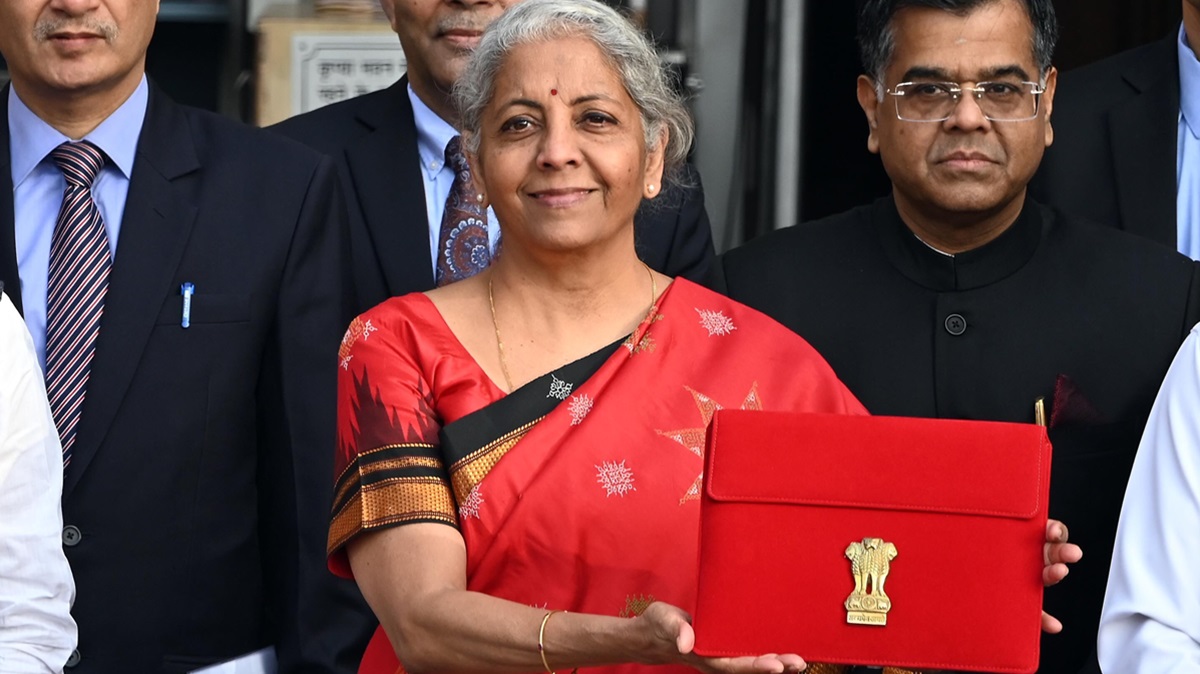By Mudit Vijayvergiya
They say home is where the heart lies, and that’s probably why many NRIs choose to invest a part of their income in India. A boisterous number of NRIs are attracted towards Indian investments, as the country is poised to become the second-largest economy in the world, opening doors for lucrative investment options. While some might invest to nurture a nest egg for their family back home, others might want to earn better returns by investing in a rapidly growing economy.
Understanding portfolio diversification
Diversification is the fundamental investment concept. It should remain on the radar of all NRIs looking to invest in India’s divergent market, based on the principle that multiple asset classes, geographies and financial instruments perform differently in varying conditions. To put it simply, it is the equivalent of not risking all on one enterprise and entails constructing a portfolio that includes a blend of different asset classes like mutual funds, equity, stocks, real estate, and many among others.
It forms the foundation of asset allocation and develops a portfolio that is superior in terms of risk-adjusted returns, polishing the potential for long-term returns through exposure to multifarious asset classes, industries and geographies. At the same time, it protects against market deflation as variable assets respond differently under testing circumstances. Thus, subjection to an array of asset classes reduces the impact of a downtrend in any single asset class, reducing overall volatility, and offering financial security to the investor.
How can NRIs diversify their Indian investment portfolios
In order to diversify the investment portfolios, the foremost step is to identify an investment profile that is based on return expectations, circumstances, and psychographic profile and then allocate the asset class that conforms to the profile.
Leveraging the boom in Indian Real Estate
With the rise of urbanization and infrastructure developments, developers are creating homes that are integrated with modern solutions, paving the way for huge potential in the real estate sector. NRIs should consider investing in a mix of residential and commercial properties in India. While residential properties can yield stable rental income and potential capital appreciation, commercial properties can yield higher and long-term lease agreements. By diversifying and balancing both high-risk and low-risk properties, NRIs can cultivate a well-rounded portfolio reducing exposure to a single asset class and simultaneously generating both income and long-term growth.
Mutual Funds
NRIs need to rethink mutual funds as a basket of assets. Since mutual funds are managed by fund managers who have in-depth experience in the financial market, NRI investors can be assured that financial experts are handling their money, minimizing the risk of delinquency. The flexibility and affordability of mutual funds make it a great option for investors. Since investors can start with either lumpsum or SIP plans ranging from Rs 500 a month, this opens the door for even small NRI investors to tap into Indian markets and diversify their investment portfolios. NRIs can choose a mutual fund plan in tandem with their financial goals, per se, growth plans will target long-term wealth creation, while other plans might generate regular income. By providing diversification by investing in a multitude of assets, this diversification eliminates the risk related to the performance of a single security.
NRI investments bolstering Indian startups
In a country with a burgeoning startup ecosystem, NRIs can carve a distinctive niche for themselves in the startup landscape. NRIs can diversify their portfolio by becoming angel investors and investing in prospective startups. As per RBI regulations, individual NRIs are capable of investing up to 5% of a company’s paid-up capital, having equity ownership and claiming a share of the company’s profits. Moreover, if the startup is successful and is listed on the stock exchange, NRIs can both cash out or keep their stake for future returns providing them with capital appreciation and regular dividend income.
In Conclusion
Since the graph of economic progress is in upheaval, it makes a favorable time for NRIs to invest in India with more emphasis on portfolio diversification with unique and unconventional investment options. Given that there are multiple avenues in the Indian investment market, the ideal strategy is to create a robust portfolio of different asset classes that complement risk appetite and return expectations.
(Mudit Vijayvergiya, Founder, SBNRI. Views expressed are the author’s own. Please consult your financial advisor before investing.)




